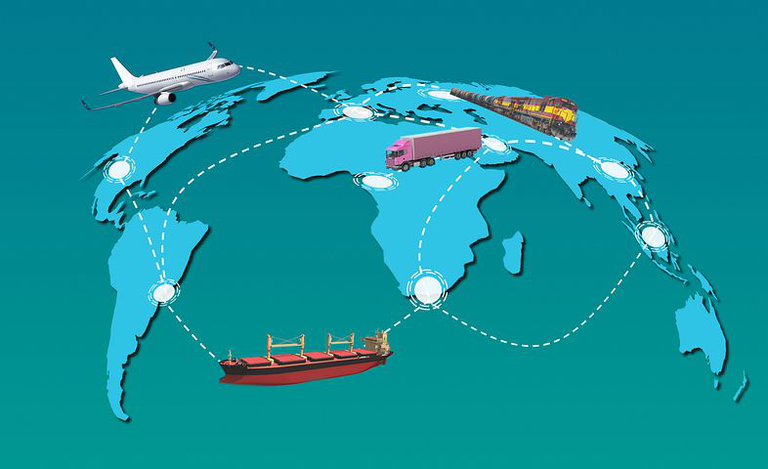Exploring the Potential Uses and Implications of Cryptocurrency Across Various Industries
Cryptocurrency, led by Bitcoin, has been making waves in the financial world for the past decade. Initially considered a niche technology, it has now evolved to become a mainstream phenomenon with far-reaching implications across various industries. In this blog post, we will explore the potential uses and implications of cryptocurrency in several key industries.

Banking and Finance:
One of the most significant implications of cryptocurrency is its potential to disrupt the traditional banking and finance industry. Cryptocurrency transactions are recorded on a public ledger, known as the blockchain, which allows for a more transparent and secure way of conducting financial transactions. This could potentially eliminate the need for intermediaries, such as banks, in financial transactions, resulting in lower transaction fees and faster processing times.
Additionally, cryptocurrency can enable financial services to reach underbanked or unbanked populations, who may not have access to traditional banking services. This can be particularly beneficial in developing countries where access to basic financial services is limited.

Supply Chain Management:
Another industry that could potentially be disrupted by cryptocurrency is supply chain management. Blockchain technology, the underlying technology of cryptocurrency, allows for the creation of a tamper-proof and transparent record of all transactions in a supply chain. This can lead to improved traceability and accountability, which can help to reduce fraud and improve the efficiency of supply chain operations.
Cryptocurrency can also be used to facilitate payments between different parties in a supply chain, eliminating the need for traditional intermediaries and reducing transaction costs.
Real Estate:
The real estate industry could also be impacted by cryptocurrency in several ways. One potential use is the use of cryptocurrency for property transactions. This can make it easier for buyers and sellers to conduct transactions, as well as reduce the need for intermediaries such as banks and real estate agents.
Another potential use of cryptocurrency in real estate is the use of tokenization, which involves the creation of digital tokens that represent ownership of a specific asset, such as a piece of property. This can make it easier for investors to buy and sell shares in a property, and can also enable fractional ownership of property.
Healthcare:
The healthcare industry could also benefit from the use of cryptocurrency. One potential use is the use of blockchain technology to create tamper-proof electronic medical records. This can help to improve the security and privacy of patient data, and can also make it easier for healthcare providers to share patient data securely.
Another potential use of cryptocurrency in healthcare is the use of smart contracts, which are self-executing contracts with the terms of the agreement written directly into the code. This can be used to automate the processing of insurance claims, reducing the need for intermediaries and improving the efficiency of healthcare operations.
In conclusion, cryptocurrency has the potential to disrupt and transform several key industries, including banking and finance, supply chain management, real estate, and healthcare. While it is still a relatively new technology, its potential uses and implications are vast and far-reaching. As the adoption of cryptocurrency continues to grow, it will be interesting to see how it will shape the future of these industries.
If you like the post, please don't hesitate to comment, vote and promote.

Posted Using LeoFinance Beta
Supply chain is one that I'm surprised hasn't taken off more than it has. There's a chain called Waltonchain that intrigues me. The idea is to attach little RFID (radio frequency ID) tags/stickers to items. Apparently they're very cheap, like 5 cents USD. Then as a product moves along a supply chain, they are automatically scanned in. No need to physically scan bar codes. Seems it might have changed since last I looked at it though.
!LUV
@technicalone, @crrdlx(2/4) sent you LUV. | tools | discord | community | HiveWiki | NFT | <>< daily
NFT | <>< daily
Yes Supply chain management is a promising area for blockchain technology. Projects like Waltonchain, which uses RFID tags and blockchain for automatic scanning, improves traceability and transparency in the supply chain, making it more efficient. Adoption of blockchain technology in supply chain management is still evolving but it has a lot of potential to bring benefits to the industry.